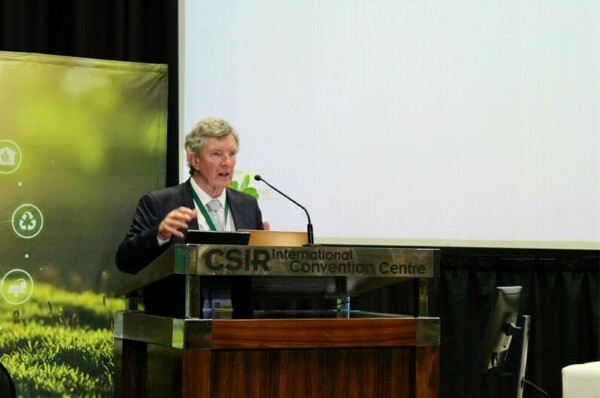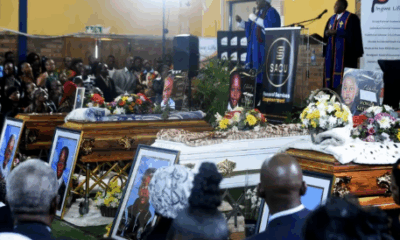News
Tshwane Bets on Small Nuclear Reactors and Solar to Power a Greener, Smarter City

City leaders unveil bold energy strategy to cut load shedding, connect townships and create jobs
Can a small nuclear reactor change the future of a big South African city? In Tshwane, officials believe the answer might be yes.
On June 13, the CSIR convention centre became the site of an ambitious energy conversation. Hosted under the banner of the Tshwane Energy Summit 2025, the event brought together government leaders, civil society, and energy experts all with a shared mission: to rebuild Tshwane’s energy system around clean, secure and inclusive power.
And the star of the show? Small Modular Reactors (SMRs) especially one designed right here at home.
A nuclear future, made in Tshwane
Dr Kelvin Kemm, Chairman of Stratek Global, didn’t hold back in his pitch: the HTMR-100, a high-temperature modular reactor developed within Tshwane, is ready to be built.
“South Africa was the first country in the world to start designing a commercial SMR,” Kemm said proudly. “Now, the rest of the world is catching up.”
These compact nuclear reactors, he explained, can be deployed around Tshwane in clusters to provide constant, reliable energy, unlike solar or wind, which are weather-dependent.
And while some South Africans remain cautious about nuclear energy, others on social media are applauding the idea:
“Let’s build it here and sell to the world. Why wait?”
“If France runs on nuclear, why can’t we?”
Powering townships through solar and microgrids
While nuclear dominated headlines, MMC for Utility Services Frans Boshielo focused on the human side of the energy crisis: households in informal settlements still living in the dark.
“Our strategy includes rolling out solar-powered microgrids, backed by battery storage, to connect underserved communities,” he said.
This isn’t just about lights. It’s about reviving local economies, improving safety, and restoring dignity to thousands of residents who’ve been left behind.
Backed by Tshwane’s new energy access framework and electrification policy, Boshielo said the city is also repurposing ageing infrastructure — like Rooiwal and Pretoria West power stations — into hybrid energy hubs, with a goal of delivering 1,000 megawatts of alternative energy within three years.
But it’s not smooth sailing.
“Our biggest challenge is infrastructure theft and vandalism,” he added. “Illegal connections and cable theft threaten everything we’re trying to build.”
To fight back, the city has deployed smart monitoring tech and introduced community energy wardens to protect local networks.
Green energy for economic growth
As Boshielo laid out the technical game plan, MMC for Economic Development and Spatial Planning Sarah Mabotsa brought in the economic vision.
“Our aim is a 3.9% growth rate and 80,000 new jobs by 2029,” she said, linking Tshwane’s energy future to 11 key sectors , including manufacturing, tourism, and the township economy.
And clean energy, she stressed, is the backbone.
“Without stable, affordable energy, we can’t unlock this growth,” she said. “We need to cut our coal dependence, meet our climate commitments, and build sustainable cities.”
Mabotsa also reminded attendees of South Africa’s obligations under the Paris Agreement, pointing out that coal use has already been on the decline since 2010, with renewables stepping in.
From policy talk to implementation
So, will it all come together?
The Tshwane Energy Summit sent a strong message: the city is done waiting. With nuclear innovation born locally, solar microgrids empowering the poor, and a multi-billion rand job strategy on the table, the capital is trying to set a national example.
But the real test will be what happens after the summit.
Can city leaders follow through? Will the private sector step up? And will communities trust a system that has long excluded them?
Time and delivery will tell. But one thing is clear: Tshwane is no longer just talking energy. It’s planning to own it.
{Source: The Citizen}
Follow Joburg ETC on Facebook, Twitter , TikTok and Instagram
For more News in Johannesburg, visit joburgetc.com



























